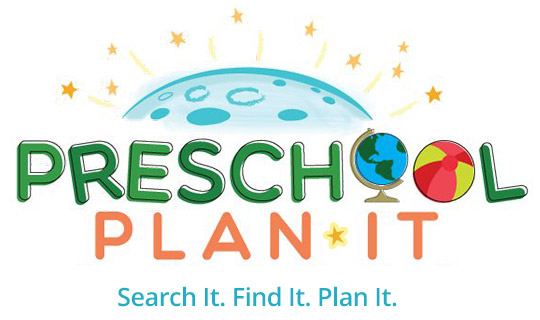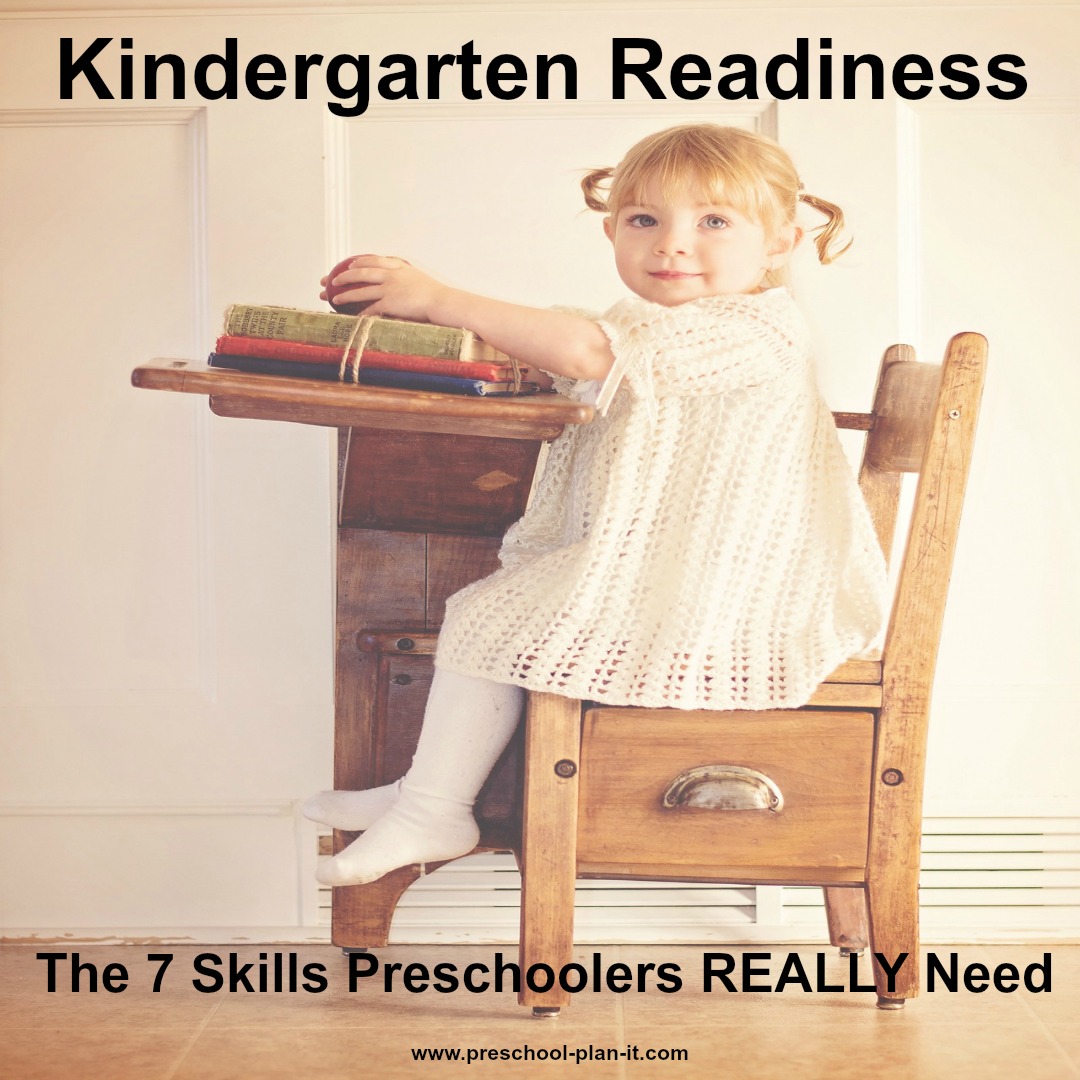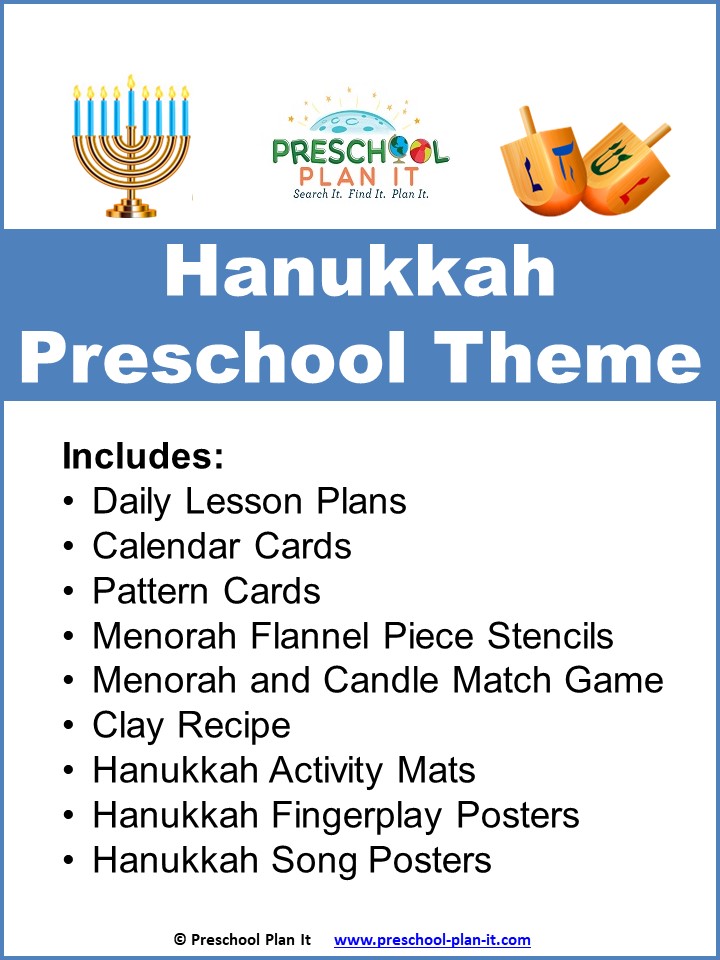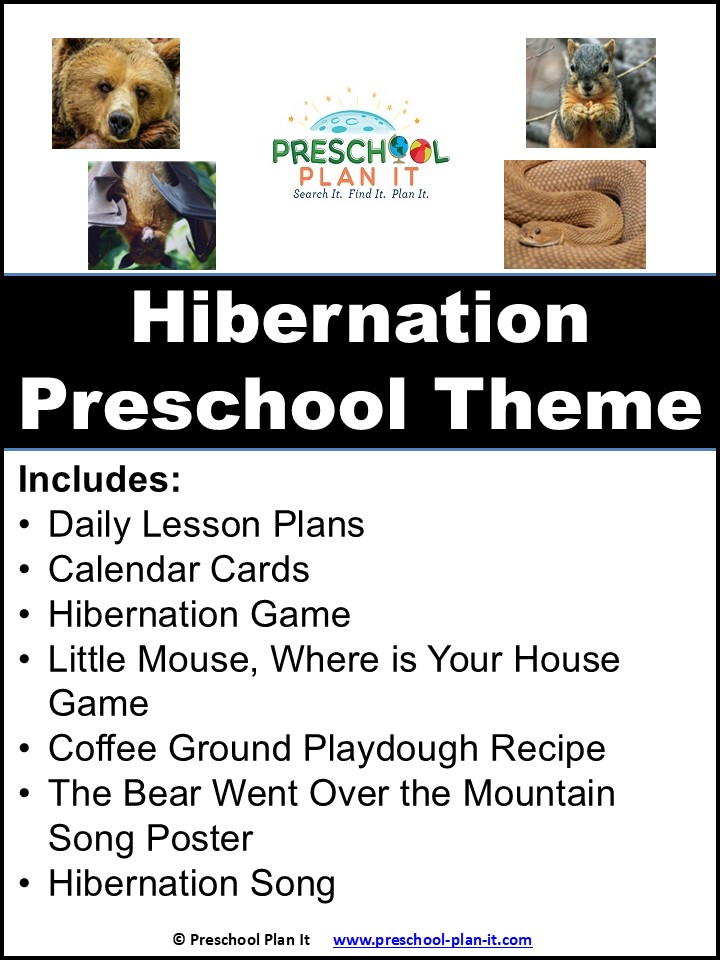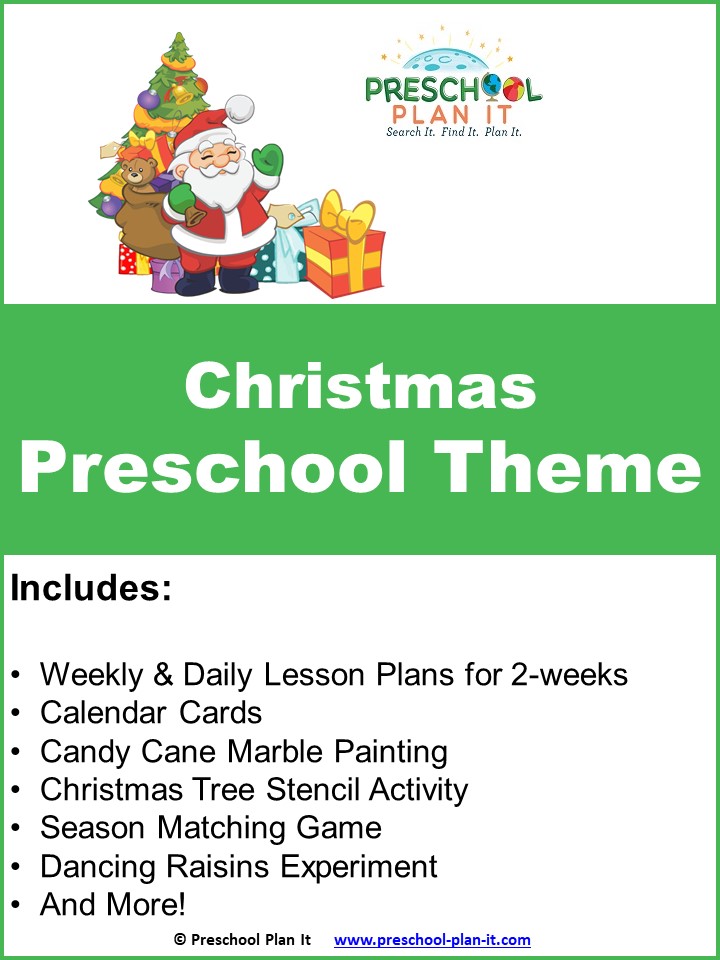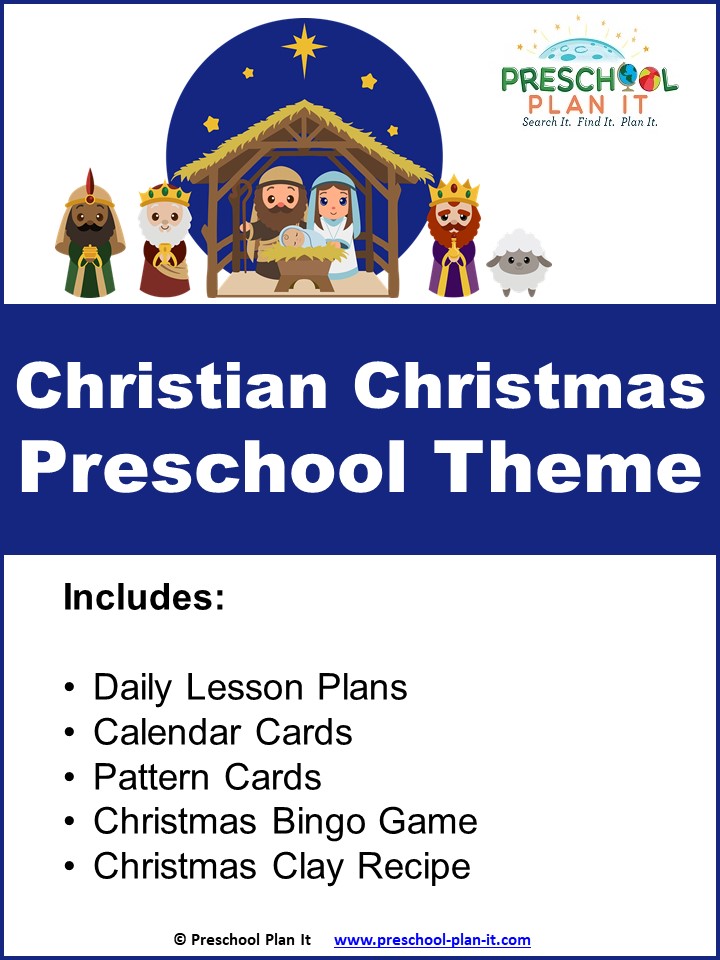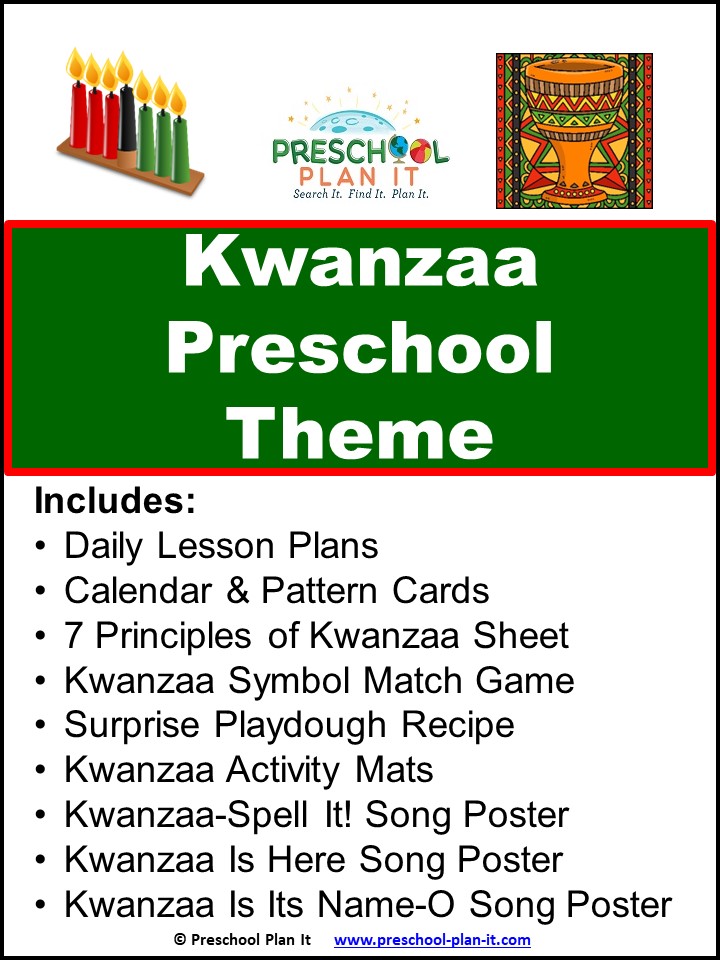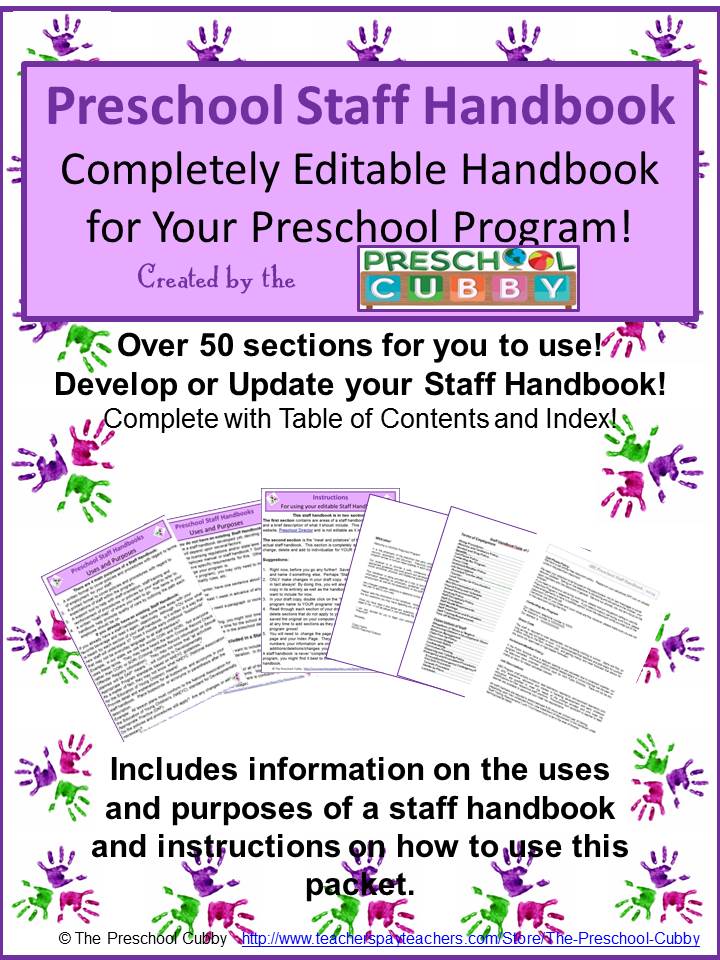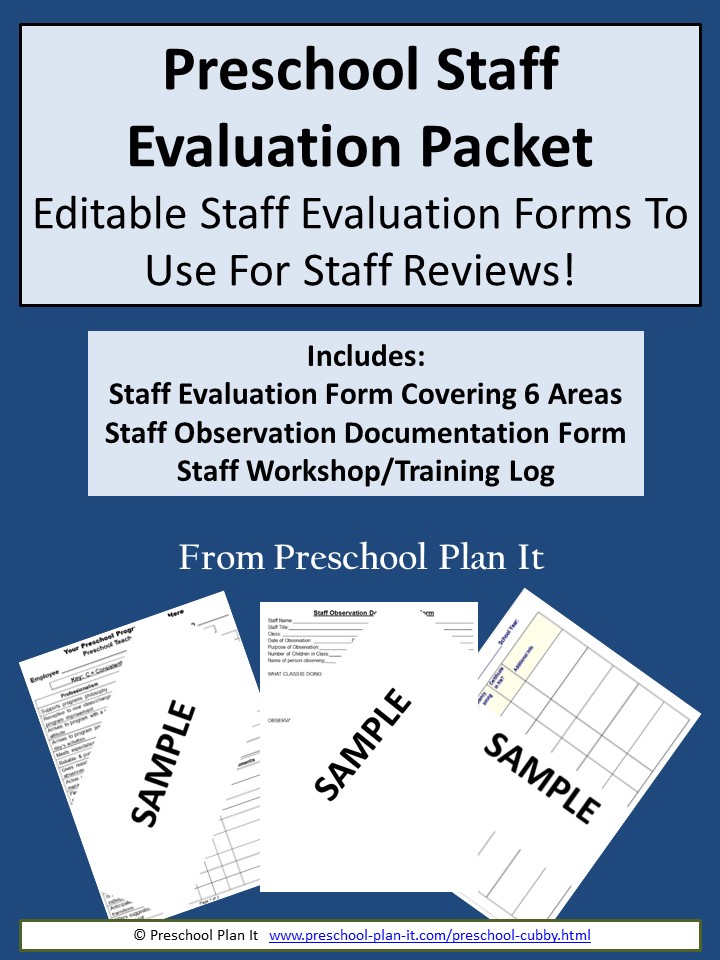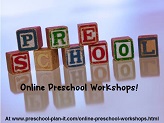- Theme Packs
- Themes
-
Preschool Planning
- Preschool Teachers
Kindergarten Skills

What are the kindergarten skills preschoolers will need on their first day of Kindergarten? You may be surprised that printing one's name, recognizing, reciting and printing letters and number and counting are not at the top of most kindergarten teachers' lists!
The Skills We THINK They Need To Know
Preschool teachers spend much time planning lessons and activities to help children master kindergarten skills and prepare their preschoolers for kindergarten. After all, that is the goal of most preschool programs: Kindergarten Readiness.
If you are a regular visitor to my site, you know my mantra regarding this:
Our job is to PREPARE them for kindergarten, not to TURN THEM INTO kindergarteners!
When surveying preschool teachers each year, the responses (83-87%) list the following as the top 5 skills preschoolers need before entering Kindergarten:
They need to be able to:
- Know all the colors.
- Know the basic shapes.
- Recognize and print all their letters.
- Legibly print their first and last name.
- Recognize numbers 1-10 (or 20) and rote count to at least 30.
Now, these are very good and clear goals kindergarten skills. However, we tend to get so focused on them that we put other areas on the back burner.
We become ultra focused on this Top 5 kindergarten skills list. If our students do not master each of these skills, we suspect there is some type of delay happening, or they may possibly be color blind to some colors, or they have an attention disorder.
We mean well. We've been working on these skills weekly all year, and in some cases, for two years.
However, what we sometimes forget is that they are NOT kindergarteners yet. Nope. Not even in March, 2 months before the end of the preschool year. They are still preschoolers!
They have another 6 months of time to mature, grow and develop before entering kindergarten, and therefore more time to develop these kindergarten skills.
In addition, what we do not include on this list are the very skills kindergarten teachers say will help their children succeed in kindergarten.
Scholastic Parent & Child Magazine published an article in the April/May 2003 issue called "Ready for Kindergarten? Five teachers tell what preschoolers really need for next year. The author was Ellen H. Parlapiano.
There were 7 skills or areas that were identified by these teachers. While the teachers said they would love for the children to come to kindergarten with some letter and number recognition, they don't want you to drill your kids on academics.
What Kindergarten Teachers Want and What You Can and Should Do!
They want children who enter kindergarten as eager learners who have been provided readiness skills that shape the foundation for children's learning.
The 7 skills/areas identified are listed below along with suggestion on what we, as preschool teachers,can and should do to help prepare our preschoolers to enter kindergarten.
THE 7 Skills1. Enthusiasm toward learning
Kindergarten teachers WANT:
Is the child eager to explore and discover? Does the child ask questions? Are they motivated and persistent with regard to completing a task? Children who are enthusiastic toward learning have higher chances of success in school.
Preschool teachers CAN:
Provide activities that allow the children to explore, investigate, ask questions and persist at answering their own questions with your guidance (rather than telling them how things work).
2. Solid oral-language skills
Kindergarten teachers WANT:
Can the child talk about where they've been, what they've done (such as discuss a recent family trip to the zoo)? Children need a wide variety of words and language skills.
The more words they know and can use in daily conversation, the more able they will be to guess at new words they learn in kindergarten.
Preschool teachers CAN:
Introduce new words and descriptions for new words. (We have a lot of cars, trucks and bus toys here. What are the used for? Have you ever been on a bus? These are modes of transportation or ways to get from one place to another").
3. The ability to listen
Kindergarten teachers WANT:
One of the teachers interviewed aptly states that listening is a key part of school behavior. Children need to be able to concentrate on not only what the teacher is saying, but also to attend to what their peers are saying.
Preschool teachers CAN:
Read, read, read! Ask questions about stories "What do you think the puppy will do next?" "Why do you suppose that happened?" Sing songs and read rhymes! These help the children break down sounds and patterns in sounds.
4. The desire to be independent.
Kindergarten teachers WANT:
The basic self help skills are necessary if kindergarteners are to adjust quickly to school. When skills children can do for themselves is done for them (such as hanging up their coat or backpack; washing hands; putting on their jacket; fastening simple buttons or snaps, etc.) are done for them (because it is quicker for the teacher or parent), the child is dependent on the teacher to do these things for them.
Preschool teachers CAN:
Yes, it takes more time, but it builds independence: Encourage the children to put on their own jackets, including trying to zip and button on their own; clean up their own spills; pour their own drinks.
5. The ability to play well with others
Kindergarten teachers WANT:
Children need guidance on how to use social skills such as taking turns, sharing, problem solving arguments, etc. These skills come from practice and guidance. They will need to work through these interactions in kindergarten as well.
If they have not been given the opportunity to work through issues, they will not be able to express their feelings in words in kindergarten.
Teachers would like their entering kindergarteners to be able to identify the feelings of another by observing their facial expressions or by being able to identify that the other person is crying because they are sad.
Preschool teachers CAN:
Rather than telling two children who will get a turn next or how to take turns, guide children through problem solving skills when there is an issue with sharing or taking turns. This helps them to develop the skill of expressing their wants while listening to the other child's wants and needs.
Encourage this by asking the children how to solve the problem, "How can we use these so everyone will have their own turn?" "What can we do about this problem?"
6. Strong fine motor skills
Kindergarten teachers WANT:
Teachers stated that the children's hands should be strong enough to perform the fine motor tasks expected in kindergarten. In kindergarten they will be mastering cutting, gluing, holding a pencil, coloring and more.
Reread those two sentences. Did you hear it? Children WILL BE mastering these skills. They are not expected TO HAVE mastered them before kindergarten.
Preschool teachers CAN:
Provide different writing items (fat and skinny markers and crayons; pencils; chalk) to use. Allow them to use them freely to get the feel of them. More importantly, provide many fine motor activities such as lacing, stringing beads, playdough, etc. for fine motor development.
The focus here is that their fine motor control needs to be strong. That's what we, as preschool teachers, need to focus more on and the statement explains why.
7. Basic letter and number recognition
Kindergarten teachers WANT:
Kindergarten teachers do want incoming students to be able to recognize most letters by sight, to count to 10, identify numbers 1 to 5 and know some shapes and colors.
However, they believe that if the children have the 6 previous skills, they can teach them the academics. They feel it is their responsibility to teach the children letter sounds and how to write. We, as preschool teachers, have the responsibility to help them recognize these items and practice but, not insist that they master each one.
Preschool teachers CAN:
Provide sorting activities (sorting blocks, beads, cars, etc.); magnetic numbers and letters on a board. One teacher in the article suggests that we "teach by immersion" such as "Look! That sign spells "Happy. Let's spell it h-a-p-p-y".
Click here to read Ellen Parlapiono's full article at Scholastic.com
Wow! And, Not Much Has Changed Regarding Kindergarten Skills!After reading this article years ago, I wondered if kindergarten teachers' wish list with regard to students entering their classrooms changed over the years.
In 2006 and every two years since then, I have contacted kindergarten teachers to "survey" them regarding kindergarten skills.
I asked one question and asked them to answer with as many or few words as they felt necessary.
The question was:
When children enter my kindergarten classroom on the first day, I wish that they:
That was it. The responses I've received to this survey have not changed over the years.
The top 5 answers I've received to this are:
- Respect each others' space.
- Take turns in conversation (at morning meeting and other small group times).
- Had experience using different writing tools and manipulatives to develop their hand muscles
- Could put on and take off their own jackets (and boots) and put on their own shoes.
- Had been exposed to both lower and upper case letters.
Summary
I don't know about you, but I was surprised by some of the responses and the kindergarten skills they wanted vs what preschools think they want!
What do WE do with this information?
Well, we can plan activities for the rest of this school year that help prepare the children with all of the kindergarten skills (not just academic ones) they will need for kindergarten and plan our future years in light of knowing what teachers need our preschoolers to know.
What's Next?
Many of your students will be entering kindergarten this coming fall. Teachers and parents can help prepare children for the big move. There are 9 great transition practices to help your preschoolers!
Kindergarten Transition Practices for School and Home
Return to the School Readiness Main Page from this Kindergarten Skills Page
Return to Preschool Plan It HOME Page


Hey there! Welcome to Preschool Plan It! I’m Cheryl, a preschool teacher of over 20 years.
I KNOW, I know, you spend hours of time developing your preschool themes, activities and preschool lesson plans each week. You are commited to planning preschool themes and activities that are engaging hands-on, interactive, fun AND meet the goal of supporting each child’s level of growth and development.
I am commited to providing you, the preschool teacher, with everything you need to develop preschool lesson plans and preschool activities for your classroom all in one place!
READ MORE
Join My Free Preschool Teacher Tips Newsletter
You’ll receive a weekly email with planning tips and teaching ideas.
You'll also receive (on the 1st of each month) a free theme starter pack with some printables and activity ideas to get you started planning a theme!Join Now and Get Your First Theme Right Away!
© Copyright 2010-2025 Preschool-Plan-It.com | All Rights Reserved | Privacy Policy & Disclaimer
- Preschool Teachers
